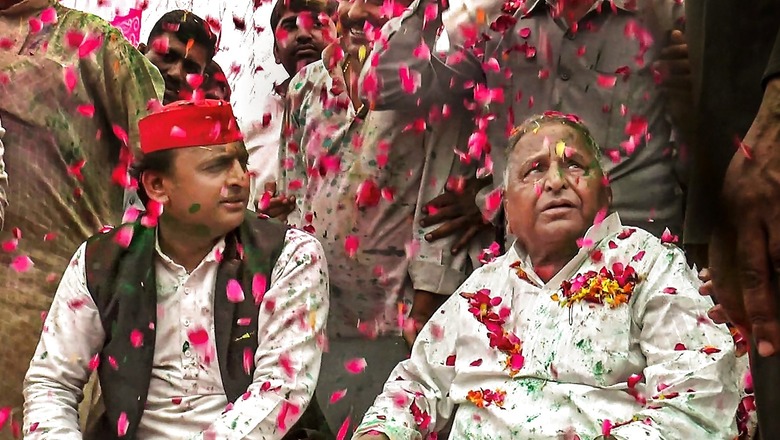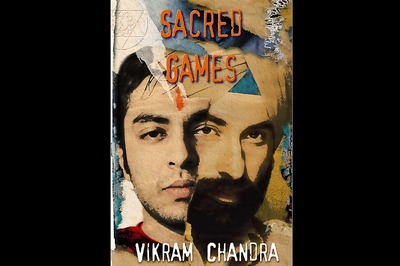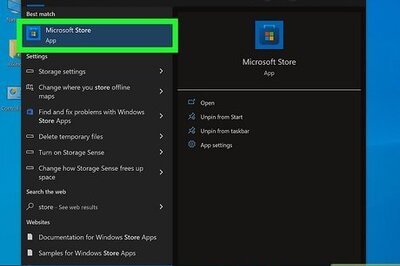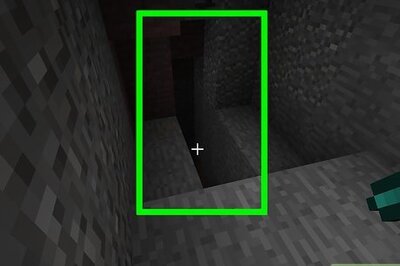
views
Veteran leader and Samajwadi Party patriarch Mulayam Singh Yadav passed away on Monday at the age of 82, leaving behind an enviable legacy.
The three-time chief minister of Uttar Pradesh ((1989-91, 1993-95, and 2003-07), who had also been elected an MLA 10 times and an MP seven times, and was Defence Minister in 1996, had also briefly appeared to have a shot for the Prime Minister’s post. The wrestler-turned-teacher-turned-politician had, for decades, enjoyed the stature of a national leader. However, UP largely remained his ‘akhara’.
Born on November 22, 1939 into a farming family in Saifai, near Etawah, Uttar Pradesh, Yadav as a teenager, had been influenced by the socialist ideas of and Lok Nayak Jai Prakash Narayan. While he initially wanted to be a professional wrestler, his love for studies made him pursue a master’s degree and he then took up a job as a teacher in a government college. It was after teaching for a few years at the Jain Inter College in Karhal area of Mainpuri that he plunged into electoral politics.
Yadav first became an MLA in 1967, after he contested on a Samyukta Socialist Party ticket. The story goes that Nathu Singh, the Socialist Party MLA from Jaswantnagar, wanted him to fight for the seat in the next election as he had been impressed with Yadav after meeting him at a wrestling contest. Indira Gandhi declared Emergency during his second stint as an MLA and Yadav, like many opposition leaders, was sent to jail.
Back in the ring after the 1975-77 Emergency, Yadav became the state president of the Lok Dal. When the party split, he headed one faction of the state unit and was leader of Opposition in the UP Legislative Council and then in the state assembly. He became the chief minister for the first time in 1989 with the BJP extending outside support to his Janata Dal government.
The BJP withdrew support over the Babri Masjid-Ram Janmabhoomi issue in 1990, however, the Congress kept his government afloat for some months. In 1992, as kar sevaks razed the 16th century Babri Masjid, Yadav founded the Samajwadi Party (SP), which reportedly began to be seen as an ally of the Muslim community.
In 1993, Yadav held power again, with the help of the BSP, which eventually withdrew support. The SP leader then moved to the national stage, being elected to the Lok Sabha in 1996 from Mainpuri.
Around this time, as opposition parties tried to form a non-BJP alternative to the Congress, Yadav briefly appeared to be in the fray for the prime minister’s post. However, he ended up becoming the defence minister in the United Front government headed by H D Deve Gowda. In 2003, after the collapse of a short-lived BSP-BJP coalition government, Yadav became UP chief minister for the third time.
In 2012, the SP was once again slated to form the UP government. Here, the senior Yadav stepped aside so that his son Akhilesh could become the state’s youngest CM at 38.
However, squabbling within the party and the family in 2017 led to a coup of sorts by Akhilesh. The younger Yadav had been at loggerheads with the old guard that included uncle Shivpal Singh Yadav and as CM, he enjoyed popular support within the party and he wrested it from his father at an SP convention.
Mulayam Singh Yadav remained open to possibilities in politics throughout his career and has been affiliated to a series of parties, thanks to mergers and splits — Lohias Sanyukt Socialist Party, Charan Singhs Bharatiya Kranti Dal, Bharatiya Lok Dal and Samajwadi Janata Party. He also struck deals with other parties when necessary, and had joined hands with the Bahujan Samaj Party, the Bharatiya Janata Party and the Congress whenever needed to form or save the governments led by him in Uttar Pradesh.
In the final years of his life, the ailing patriarch played a diminishing role in the affairs of the party that he had founded, but he continued to be called ‘Neta ji’.
(With PTI inputs)
Read all the Latest Politics News and Breaking News here




















Comments
0 comment